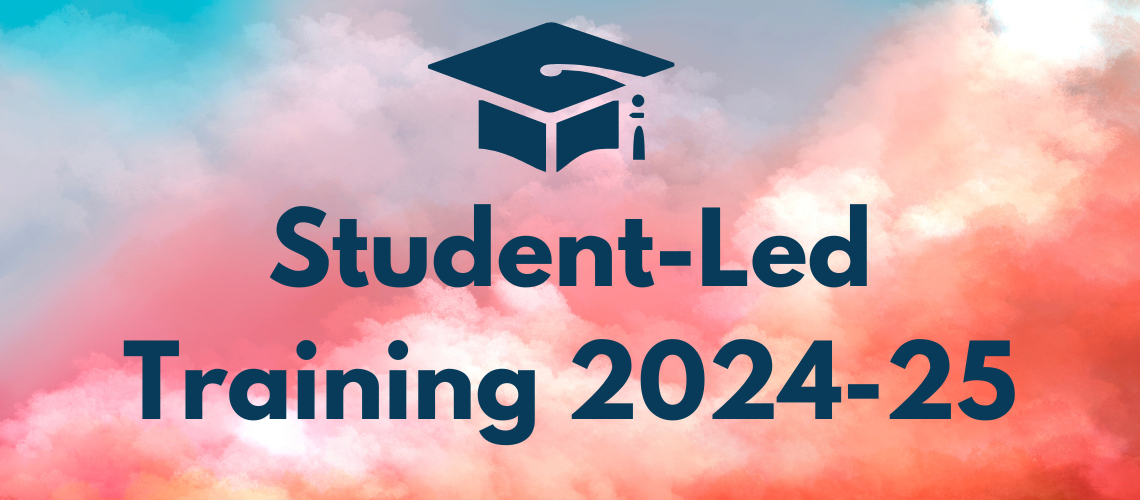led by Dr Mary Briggs, University of Edinburgh
Researching marginalised communities can present challenges for researchers, especially because members of those communities may be wary of participating in social scientific research. In this session, participants will learn how to use two qualitative digital research methods to study marginalised communities: digital ethnography and media content analysis. The focus of the training will be on how these two qualitative research methods, particularly when paired together, enable ethical research of populations who are likely hesitant to work with social scientists. Rather than seeing these challenges as obstacles to be overcome, this training encourages researchers to approach these concerns as opportunities to employ a more creative research approach that respects the needs of their participants, all without compromising the quality of data collected.
The session will be facilitated by Mary Briggs, an interdisciplinary scholar with a PhD in religious studies from the University of Edinburgh. It is based on the digital research methods she employed for her doctoral research project, which examined the citizenship experiences of members of a new religious movement in South Korea. The first half of the session will cover digital ethnographic methods, such as online interviews, participant and non-participant observation, and written questionnaires. The second half will focus on media content analysis of sources like social media posts, newspaper articles, news broadcasts, and television programmes. Through instruction and interactive discussions and activities, participants will be encouraged to assess which methods are best suited for their projects and reflect upon how to address potential research challenges.
Attendees would benefit from having some knowledge of ethnographic methods or the field of media studies, although this is not necessary.
Some suggested readings:
- Hodkinson, Peter. 2011. ‘Introduction’, in Media, Culture and Society: An Introduction, 1-11. London: Sage.
- Jones, Naiyan. ‘Research Frameworks: Comparing Virtual Ethnography, Netnography, & Digital Sociology.’ Medium.com Blog, 19 September 2019, https://medium.com/@naiyanjones/research-frameworks-comparing-virtual-ethnography-netnography-digital-sociology-a496e55693f8.
- Lewis, Clifford, Michael Mehmet, Sarah Quinton and Nina Reynolds. 2023. ‘Methodologies for researching marginalised and/or potentially vulnerable groups.’ International Journal of Market Research 6(2-3): 147-154.
- Macnamara, Jim. 2005. ‘Media Content Analysis: Its Uses, Benefits and Best Practice Methodology.’ Asia Pacific Public Relations Journal 6(1): 1-34.
- Pink, Sarah et al. 2016. Digital Ethnography: Principles and Practice, ‘Ethnography in a Digital World.’p.1-18. London: Sage.
Accessibility information about the venue can be found here.


